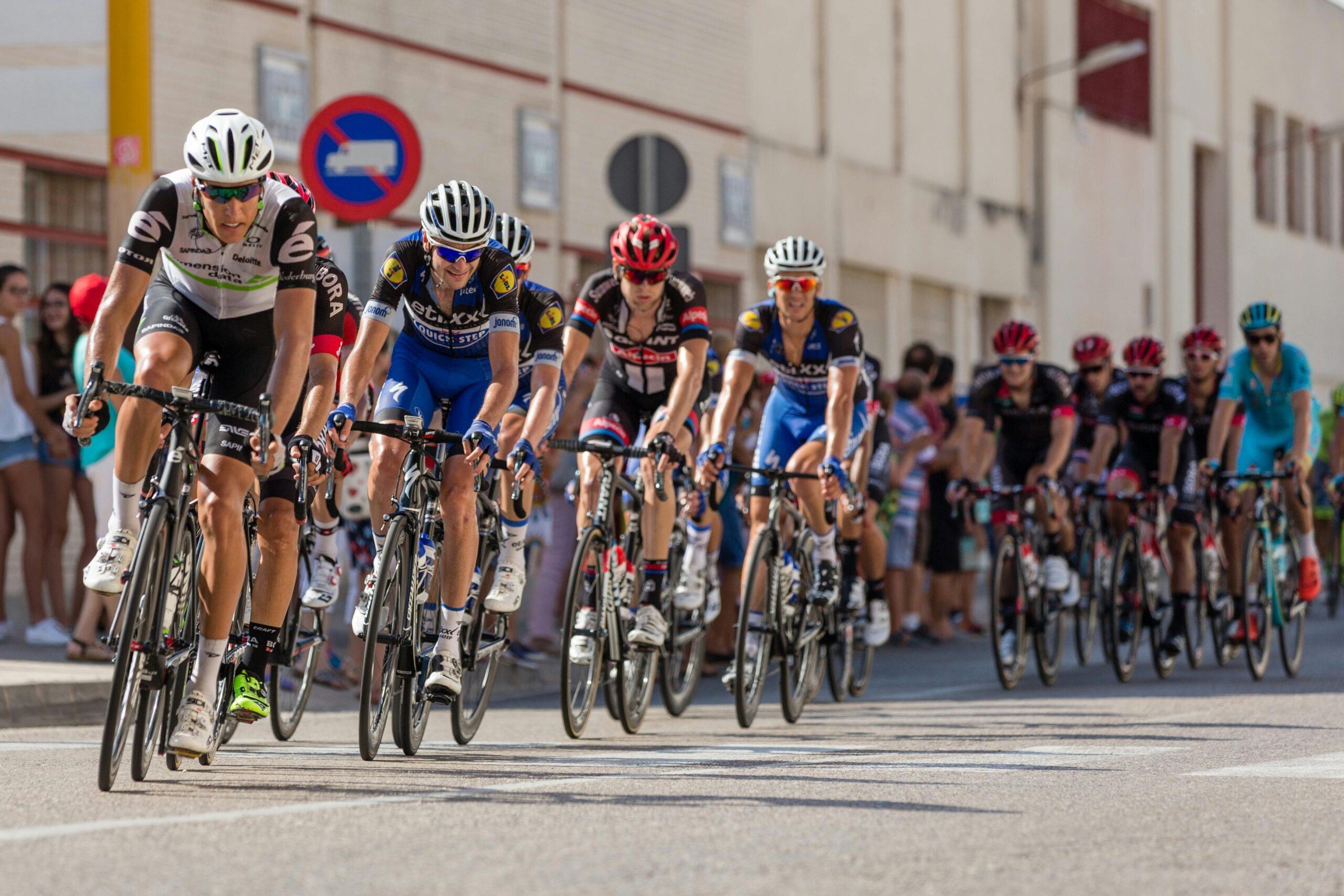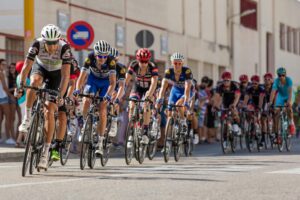Nutrition for Beginner Triathletes: An Expert Fueling Guide


Nutrition for Beginner Triathletes: An Expert Fueling Guide
As a sports nutritionist working with triathletes of all levels, I’ve seen how the right fueling strategy can make the difference between crossing the finish line strong and struggling through the last miles. Nutrition isn’t just about eating healthy-it’s about eating smart to match the demands of swimming, cycling, and running.
For beginner triathletes, mastering the fundamentals of nutrition early helps build a foundation for both performance and long-term health. Below, I’ll walk you through the essentials of daily fueling, training nutrition, and race-day strategies.
The Building Blocks of Triathlon Nutrition
Carbohydrates: Your Main Energy Source
Carbs are the fuel your body prefers during endurance training and racing. For most triathletes, they should make up 55-65% of total daily calories.
-
Before workouts: simple carbs like bananas, toast, or energy chews provide quick fuel.
-
During longer sessions: sports drinks or gels keep glycogen levels steady.
-
At meals: complex carbs such as oats, rice, or sweet potatoes supply sustained energy.
Protein: Recovery and Repair
Protein supports muscle recovery and adaptation. Aim for 15-20% of daily calories, spread evenly across meals.
-
Best sources: fish, chicken, eggs, Greek yogurt, lentils, tofu, and beans.
-
Post-training: 20-25 g protein paired with carbs helps repair muscle tissue and replenish glycogen.
Fats: Essential for Endurance
Healthy fats provide steady energy, support hormone balance, and reduce inflammation. Around 20-25% of calories should come from fats.
-
Good options: avocado, nuts, seeds, olive oil, and fatty fish.
Daily Nutrition for Training
Think of your meals as fueling stations to power your swim, bike, and run. Whole, minimally processed foods give you the nutrients your body needs for both training and recovery.
-
Fruits and Vegetables: 6-8 servings per day for antioxidants, vitamins, and minerals.
-
Whole Grains: quinoa, oats, and whole-grain bread for slow-release carbs.
-
Hydration: water throughout the day, plus electrolytes during longer training sessions or hot weather.
Timing matters:
-
Pre-Workout (1-3 hrs before): carbs + small protein, low in fat and fiber. Example: oatmeal with fruit.
-
During Training (if >60 minutes): 30-60 g carbs per hour from gels, chews, or sports drinks.
-
Post-Workout (within 30-60 minutes): carbs + protein. Example: smoothie with banana, spinach, and protein powder.
Race-Week and Race-Day Fueling
Carb Loading
Two to three days before your race, gradually increase carbohydrate intake to maximize glycogen stores. Choose familiar foods like rice, pasta, or potatoes, and pair them with lean protein and vegetables.
Pre-Race Meal
Eat 2–3 hours before the start. Stick with easily digestible carbs, a little protein, and minimal fat or fiber.
-
Examples: white toast with jam and banana, or a plain bagel with honey.
Hydration
Start the race hydrated.
-
Day before: sip water regularly, including with dinner.
-
Race morning: 8-16 oz of water or sports drink.
-
During the race: drink according to thirst, aiming for small, frequent sips of water or sports drink.For more information on why athletes need electrolytes, click here.
Fueling During the Race
-
Sports Drinks: replace carbs, fluids, and electrolytes.
-
Energy Gels/Chews: portable quick fuel, taken every 30-45 minutes during longer efforts.
-
Electrolytes: sodium and potassium help prevent cramping and maintain hydration balance.
Recovery Essentials
Recovery is where your body adapts to training. Don’t overlook it.
-
Carbs: restore glycogen (1-1.2 g per kg body weight).
-
Protein: 20-30 g within 30-60 minutes post-training.
-
Hydration: replace fluids lost in sweat-check urine color as a guide.
Great recovery foods include smoothies, yogurt with fruit, salmon with quinoa, or a balanced grain bowl.
Common Beginner Questions
What should I eat the morning of a triathlon?
Simple, low-fiber carbs with small amounts of protein. Toast or bagel with a banana are good options.
How do I know if I’m eating enough?
If you’re constantly fatigued, struggling to complete workouts, or recovering poorly, you may need to increase your carb or protein intake.
Do I need supplements?
Whole foods should come first. Depending on your training load and diet, you may benefit from vitamin D, omega-3s, or electrolytes-but work with a sports nutritionist to personalize your plan.
Final Thoughts
Nutrition for beginner triathletes doesn’t have to be complicated. Focus on whole foods, balanced meals, smart timing, and hydration. As your training progresses, you’ll refine your fueling strategy to find what works best for your body.
With the right nutrition plan, you’ll not only finish your races-you’ll enjoy the journey and recover stronger for the next one.
If you’d like a personalized fueling plan tailored to your training, goals, and lifestyle, I offer sports nutrition programs for triathletes designed to optimize both performance and recovery. (click here)
